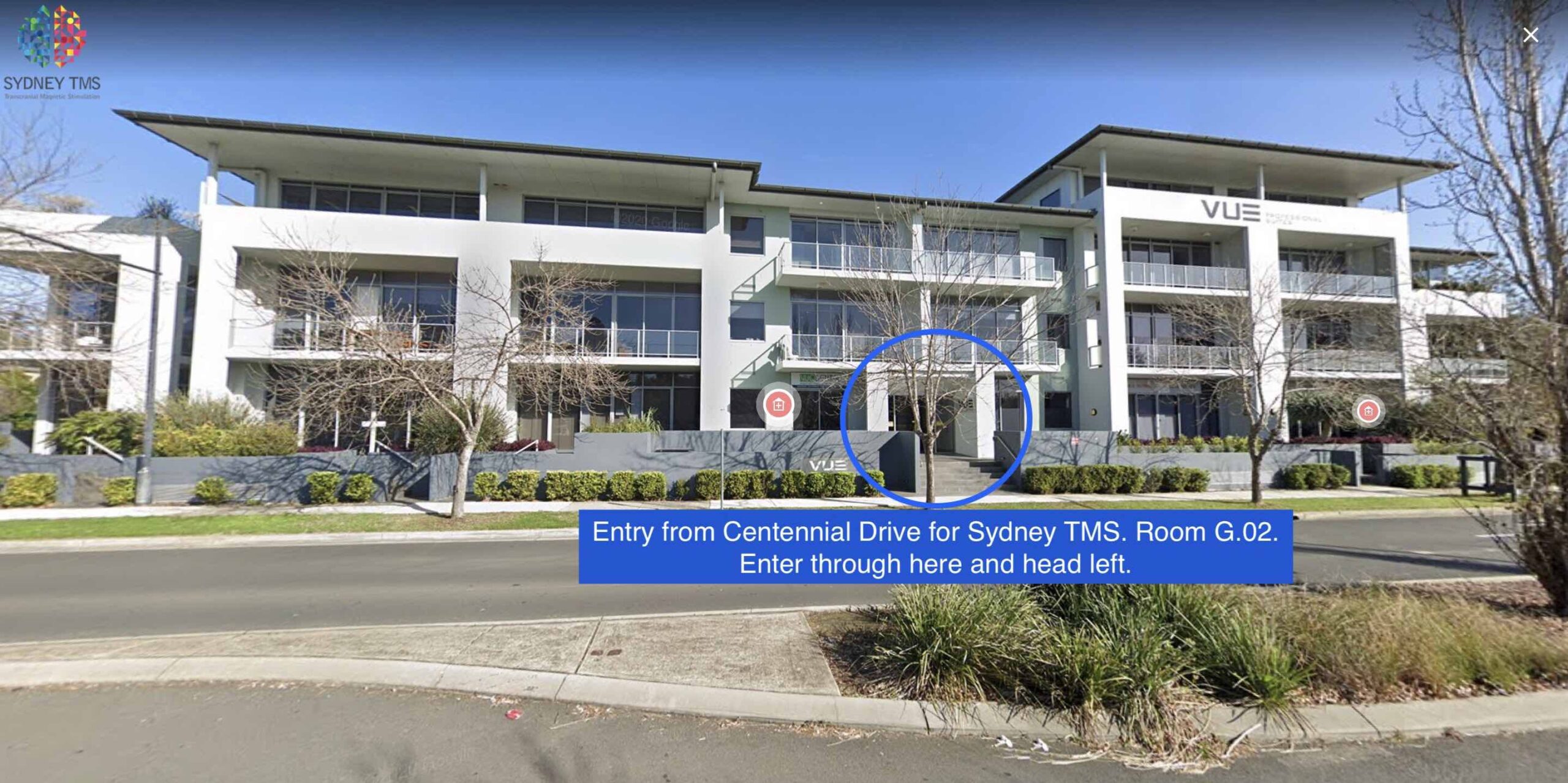Here are some ways to get help for depression
When you’re feeling unhappy and having negative self thoughts, it can be difficult to know where to turn. Depression lowers motivation and can often lead to people feeling alone and stuck in a rut. It’s important to know that you are not alone, and if you’re suffering from depression help isn’t far away. Here are some services to consider when looking for ways to get help for depression, and remember; it’s ok to ask for help.
Talk to someone you trust
If there are people in your life you trust and feel able to talk to about what’s going on for you, open up a dialogue with them. It can be really hard to ask for help, especially when that voice inside your head is saying you shouldn’t. When you take a leap of faith, though, you’ll be surprised at how receptive those close to you can be. Ask for support in finding help. For a more anonymous first point of call, there are organisations you can call to talk to about your situation. Lifeline or Beyond Blue are good places to start and help you to find the next step to take.
See a GP
A general practitioner will be able to send you in a few different directions, depending on what’s best for you. Your GP will listen to your symptoms and ask you to fill out a survey about your moods and behaviours. The GP is able to order blood tests to check your levels, which can have an effect on your mood, refer you to a psychologist for therapy sessions or a psychiatrist who can prescribe the right medication for your depression. There are many different types of anti-depressants and finding the one that works for you can be trial-and-error, but you will have professional depression help there to support you through this. Your GP is a great resource in providing leads and help for depression.
Seeing a psychologist
Psychologists work with different frameworks to deliver therapy in the form of one-on-one talking sessions. Most frameworks are focused on you talking about your experience, with the psychologist listening and guiding the session. At the end of each session, the psychologist will discuss some things to try out, goals to set and changes to make in order to shift thought processes and lower symptoms of depression.
Transcranial Magnetic Stimulation
When you have tried these options and none have worked for your, you may be eligible to undertake TMS as a recurring course of treatments. TMS is a non-invasive, pain-free treatment for depression which sends magnetic impulses into the part of the brain linked to depression, stimulating nerve cells and lifting moods. A good time to consider TMS is when you’ve tried two or more anti-depressants, which have failed to help lower symptoms of depression.
Taking a long-term view
Take into account depression aggravators like an unbalanced diet and excessive intake of drugs and alcohol. These things can severely tamper with serotonin levels, worsening the symptoms of depression. While undergoing treatment, being mindful of the effects your diet and substances have is a good way to help with your depression.
If you need help for depression in Sydney, don’t suffer in silence. Take the first step and speak to a professional today. If you have already tried a number of methods and would like to learn more about TMS therapy please call the friendly staff at Sydney TMS 1300 177 144.



